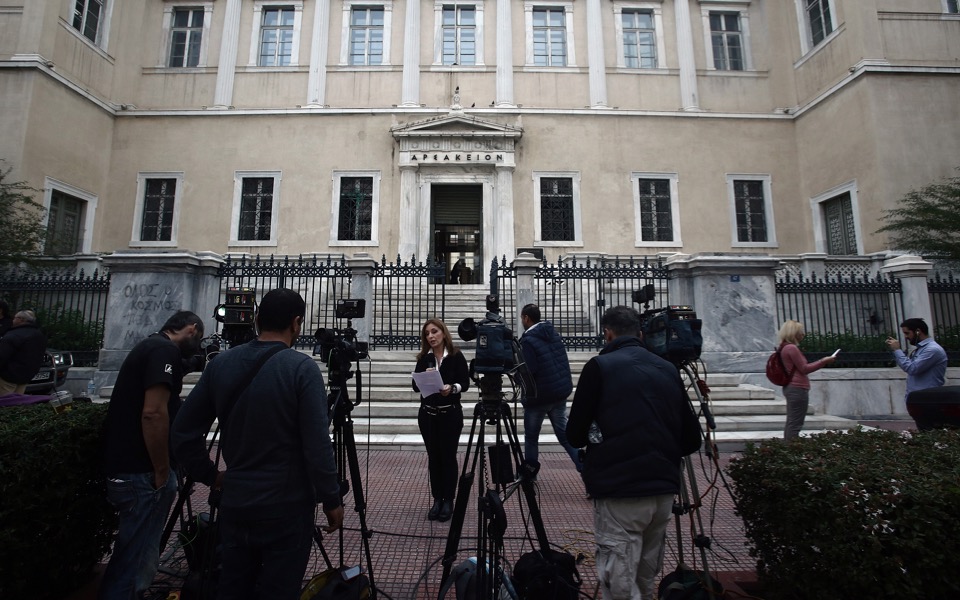Court: Wiretapped citizens have right to know

In a unanimous decision, the plenary of the Council of State, the country’s highest administrative court, ruled on Friday that the 2021 law, which imposed an absolute ban on informing citizens who would like to know if they are being monitored, is unconstitutional. The decision was issued after an appeal by PASOK President Nikos Androulakis, triggering a new cycle of political controversy.
The 2021 law forbade the independent privacy watchdog ADAE from informing Androulakis about the data collected during his surveillance by the National Intelligence Service (EYP). The court said that the law in question is unconstitutional and invalid, even if national security reasons are invoked.
Androulakis said the judgment was a vindication for him, announcing he will again appeal to the ADAE.
However, this does not mean Androulakis can be informed of the reasons for his surveillance. This is because, as the decision of the Council of State shows, the government’s law in 2022 that replaced the law that was declared unconstitutional on Friday remains in force.
The law of 2022 was not discussed by the court, nor was it raised for adjudication. Specifically, the 2022 law provides for the possibility of informing citizens three years after the monitoring is carried out and a decision by a multi-member composition (plenary session of the independent authority), and a three-member committee of prosecutors.
Given that the 2022 law in force does not open the door to Androulakis, or anyone else who wants to visit the ADAE, for direct information, experienced judges and lawyers make it clear that what will happen in practice is the application of an earlier law of 1994, since that of 2021 has been ruled unconstitutional.
Based on the provisions of the 1994 law, the ADAE plenary will now decide what exactly will be done with any request by Androulakis.
In any case, Friday’s decision is politically significant, as it declares a law unconstitutional, even if the law was changed by the government a year later, while it enables Androulakis, as legal sources stressed, to keep the issue of surveillance open, and even at a time when the election period for the European elections coincides with it.





